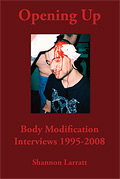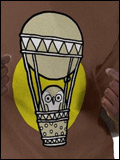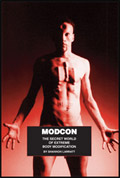I've been waking up so early lately; 5AM or so I think. That's when I used to get up to do farm chores when I was a kid — up at 5AM to milk the goats and then when I got older, feed the highland cattle. Probably not a bad thing though, since I do my best work in the morning.
Since it's December 7th, the anniversary of the Pearl Harbor attacks, I thought I'd tell you a little story that I'd like you to think about in light of current events. At the beginning of the 1940s, the American population was largely anti-war — 80 percent of Americans, led by popular characters such as Charles Lindberg wanted nothing to do with “Europe's War” and really perceived it as “not their problem”.
It's also important to note that in 1940, Japan was not yet allied with Germany (only Italy was at that point). Then in late September, Germany and Italy signed the Tripartite Pact. Lt Commander Arthur McCollum of Naval Intelligence sent a letter to the Roosevelt administration advising him that if the government wanted to counter the anti-war movement they could draw Japan into the war by provoking an attack on Pearl Harbor.
The day after the memo, Admiral James Ridchardson (Commander in Chief of the US Fleet) told Roosevelt that he refused to put his men and equipment in harm's way just to drag America into a war that was none of its business anyway. He was fired on the spot and replaced with an obscure officier (Kimmel) who was promoted to four stars and put in place in Hawaii in charge of the Navy. Another inexperienced officer (Walter Short) was similarly promoted and put in charge of the Army there.
The Roosevelt administration enacted all of McCollums “provocations”. The whole time they had good intelligence on Japanese reaction to them. Because of these provocations, the militant elements of the Japanese government took control of that country, not knowing they were both being monitored and played as pawns.
When in late November the Roosevelt administration received intelligence that the attack was to happen on Dec 7th, 1941, Kimmel and Short in Hawaii were ordered to stand down and allow the attack to happen since it was important for public impression that Japan first launch a devastating attack. And, it happened, and nearly 2500 Americans — and later countless Japanese and Europeans — were sacrificed for it.
Sound familiar?
Remember the Tonkin incident? Remember the 9/11 attacks?
PS. The Pearl Harbor Deception, and more and more.



Post a Comment